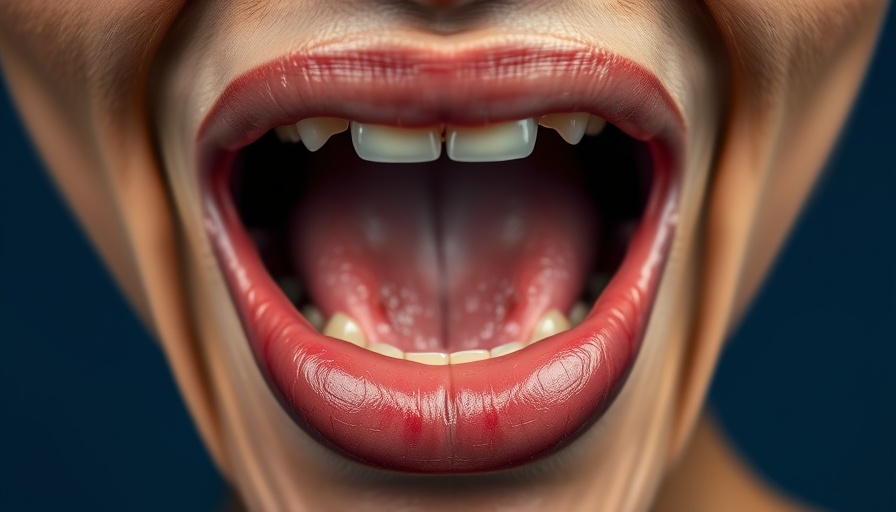
Redefining Depression: A Comprehensive Overview
Major depressive disorder (MDD), often simply referred to as depression, is a complex mental health condition that affects millions globally. It manifests differently among individuals, showcasing symptoms that range from severe hopelessness and anhedonia to debilitating chronic pain. This multifaceted disorder can be exacerbated by genetic, environmental, and psychological factors, making it crucial for both professionals and those affected to understand its nuances.
The Spectrum of Mood Disorders: Understanding Different Types of Depression
Depression is not a one-size-fits-all diagnosis. It encompasses various subtypes, including persistent depressive disorder (dysthymia), postpartum depression, bipolar depression, and atypical depression, among others. Each type carries unique features and can respond differently to treatment approaches. For instance, postpartum depression affects new mothers and can significantly hinder their ability to bond with their infants, while atypical depression may present with mood reactivity and specific behavioral components like increased sleep and appetite.
Serotonin and Beyond: The Neurochemical Underpinnings of Depression
At the heart of depression is neurotransmitter dysregulation, particularly involving serotonin, dopamine, and norepinephrine. This imbalance can stem from genetic predispositions or be triggered by environmental stressors and traumatic experiences. Recent studies underline the gut-brain connection and its role in mood regulation, suggesting that interventions focusing on nutrition, inflammation control, and metabolic health can be a promising complement to traditional therapies.
Exploring Treatment Modalities: Traditional to Emerging Approaches
The range of treatment options available for managing depression has expanded considerably. From pharmacotherapy, including common antidepressants that help adjust neurotransmitter levels, to psychotherapy techniques such as cognitive behavioral therapy (CBT) that address negative thought patterns, effective strategies are available.
Emerging treatments like transcranial magnetic stimulation (TMS) and electroconvulsive therapy (ECT) offer hope for individuals with treatment-resistant depression, highlighting the significance of continued innovation in the field. Additionally, lifestyle interventions—like exercise, mindfulness, and adequate sleep hygiene—can bolster therapeutic outcomes significantly.
A Society-Wide Challenge: The Importance of Mental Health Awareness
Increasing awareness and understanding of depression is pivotal in reducing stigma. Through open conversations about mood disorders and shared recovery stories, social media draws attention to the often hidden struggles many face. The societal impact of depression goes beyond the individual, highlighting the necessity for community support, workplace wellness programs, and social integration initiatives. Mental health education should be an integral part of public policy, helping to foster both resilience and empathy among different demographics, including adolescents, the elderly, and marginalized groups.
Future Predictions: Trends and Pathways for Mental Health Management
As we move forward, the intersection of technology and mental health care is poised to create more personalized treatment regimens. Teletherapy, digital support groups, and apps that monitor mood and mental wellness can offer immediate assistance, helping to bridge gaps in conventional therapy access. Moreover, understanding hormonal and biological factors influencing mood can open new avenues for tailored interventions.
Empowering Patients: Strategies for Individuals and Families
Selecting from various coping strategies is vital for individuals grappling with depression. Mindfulness practices, exercise, and journaling can provide emotional relief and insights into personal experiences. Additionally, family units can play a crucial role in supporting loved ones through active listening and encouraging professional help when needed. This collaborative approach can break the isolation often felt by those experiencing depressive episodes.
Call to Action: Listening, Learning, and Supporting
For professionals, parents, and caregivers, understanding the landscape of mood disorders can empower actions that enhance recovery and support. Engage with local mental health initiatives, participate in community awareness programs, and remain informed about the evolving landscape of mental health treatments.
 Add Row
Add Row  Add
Add 




Write A Comment